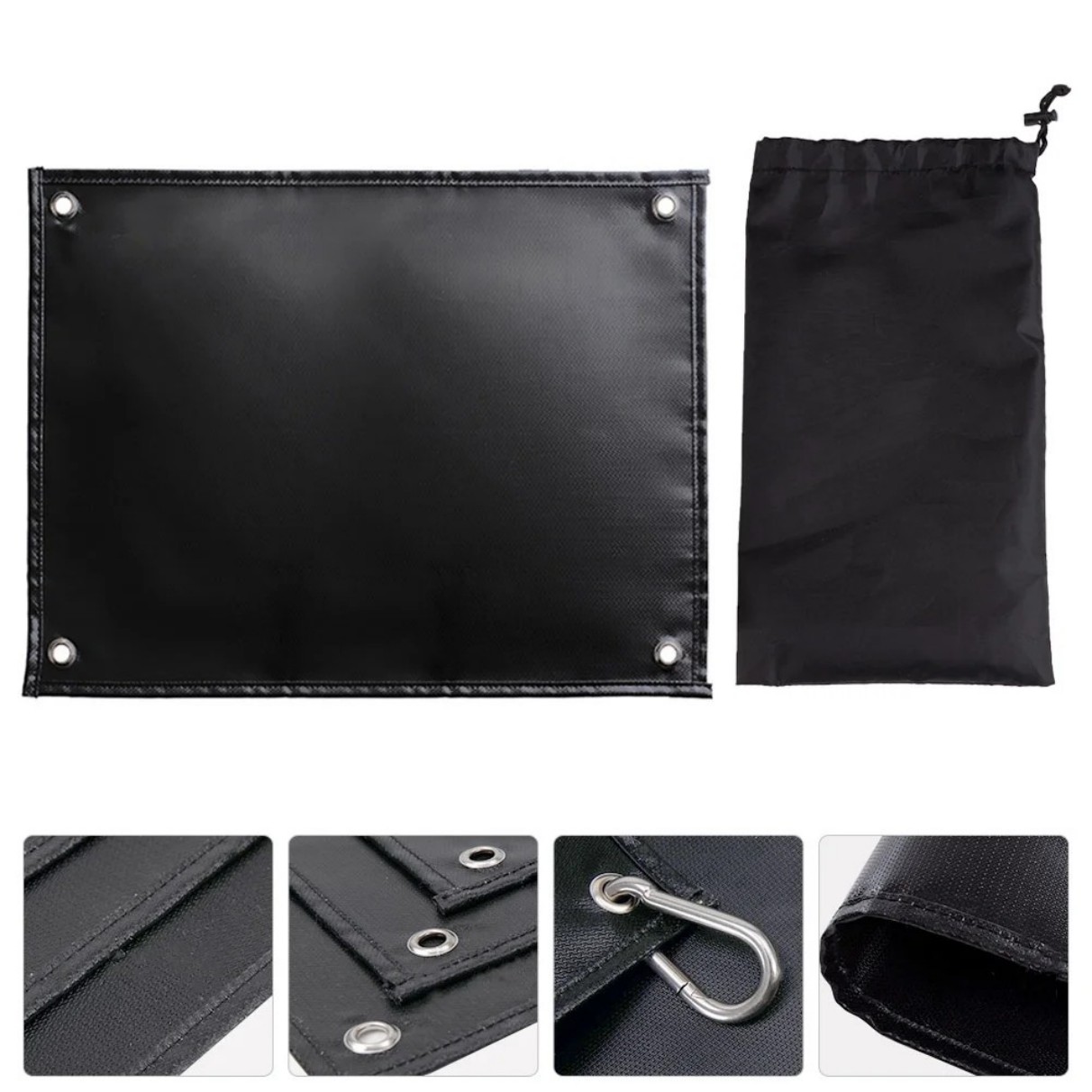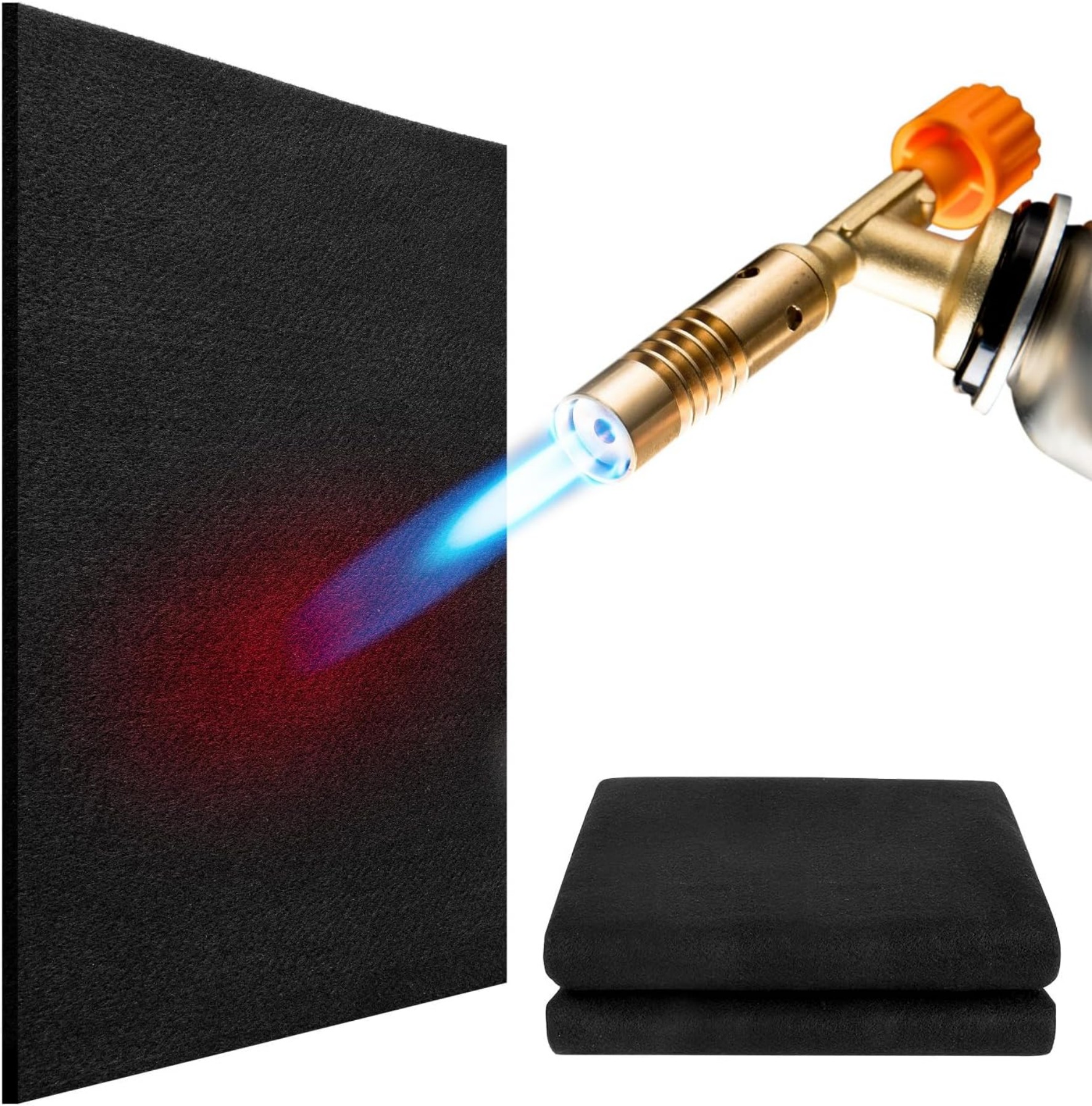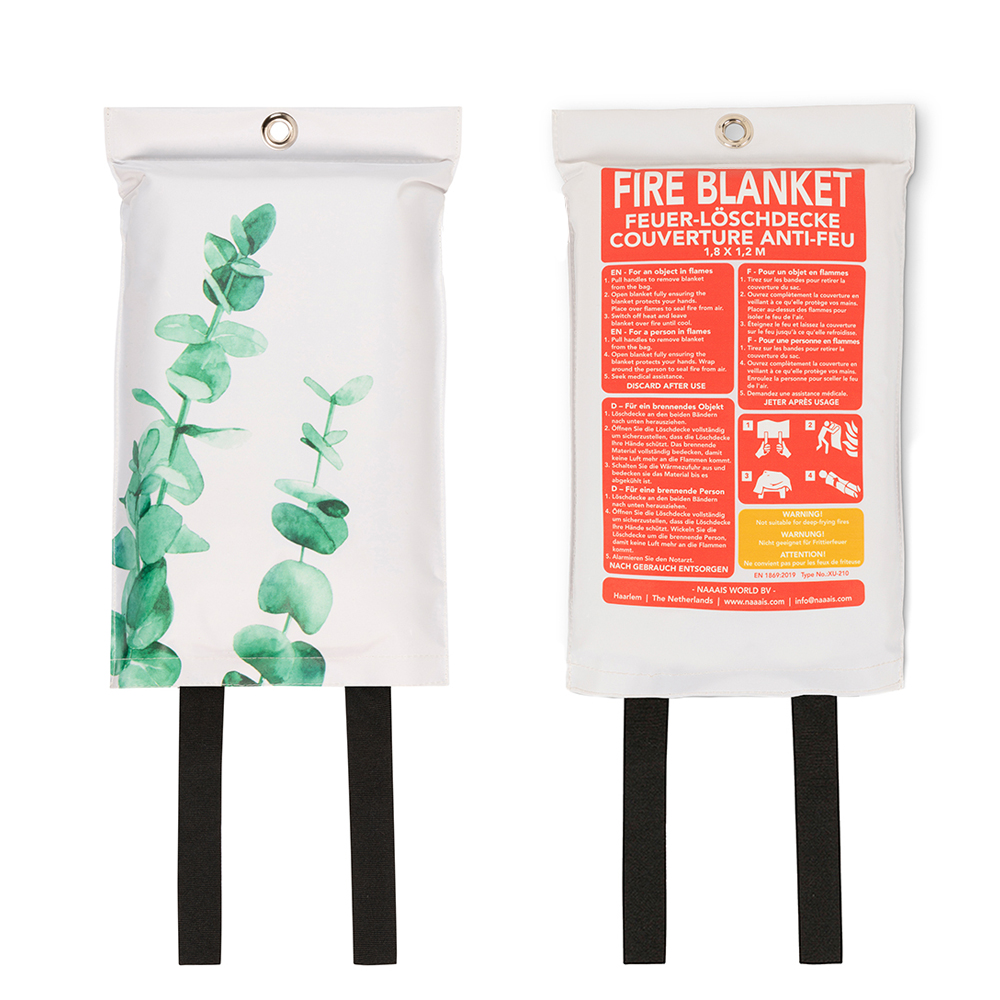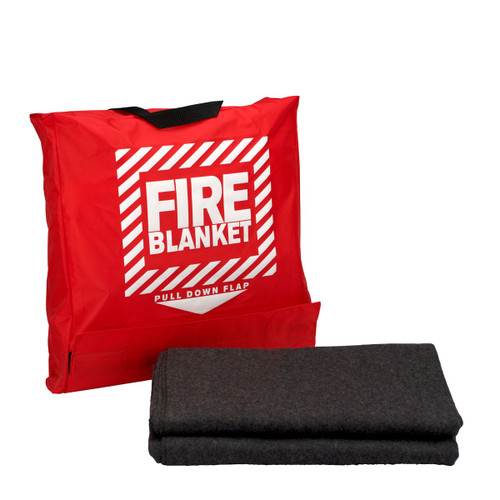Fire Retardant Blankets: Your First Line of Defense Against Fire Emergencies
Fire retardant blankets are crucial safety tools that smother small fires by cutting off oxygen. This guide explains how they work, their benefits, proper usage, and key selection criteria for home and workplace safety.
What Are Fire Retardant Blankets?
Fire retardant blankets are specially designed safety devices made from flame-resistant materials. When placed over a fire, they starve the flames of oxygen, effectively extinguishing small fires before they spread. Unlike regular blankets, these won't catch fire easily and can withstand high temperatures.
How Do Fire Retardant Blankets Work?
The science behind fire retardant blankets is simple but effective. These blankets are typically made from fiberglass or specially treated wool that resists burning. When you place one over a fire, it:
- Cuts off the fire's oxygen supply
- Prevents flammable vapors from escaping
- Reflects heat away from the fire source
Key Benefits of Using Fire Retardant Blankets
Every home and workplace should have at least one fire retardant blanket because:
- They're simple to use - no special training required
- They leave no messy residue like fire extinguishers
- They're reusable (after proper inspection)
- They work on various fire types including grease and electrical fires
- They're maintenance-free - no pressure gauges to check
When to Use a Fire Retardant Blanket
Fire retardant blankets are ideal for:
- Small kitchen fires (especially grease fires)
- Electrical equipment fires
- Clothing fires (wrap the blanket around a person)
- Containing fires until help arrives
Remember: Never use water on grease or electrical fires - a fire retardant blanket is your safest option.
Choosing the Right Fire Retardant Blanket
When selecting a fire retardant blanket, consider:
- Size:Standard sizes range from 3x4 feet to 6x8 feet. Larger blankets can cover bigger fires.
- Material:Fiberglass is most common, but some use wool or other treated fabrics.
- Certifications:Look for UL or CE marks indicating tested safety standards.
- Storage:Choose easy-access containers for quick deployment.
- Visibility:Bright colors make them easy to spot in emergencies.
Proper Use of Fire Retardant Blankets
To effectively use your fire retardant blanket:
- Pull the blanket from its container by the tabs (never the blanket itself)
- Hold the blanket as a shield between you and the fire
- Gently place it over the flames, starting from the near edge
- Leave it in place until completely cool
- Never try to reposition once placed
Important: If the fire grows beyond a small, contained area, evacuate immediately and call emergency services.
Maintenance and Care
Fire retardant blankets require minimal maintenance but should be:
- Stored in easily accessible locations (kitchen, workshop, garage)
- Kept in their original containers to prevent damage
- Inspected annually for tears or damage
- Replaced if used or if the material becomes brittle
Fire Retardant Blankets vs. Fire Extinguishers
While both are important, fire retardant blankets offer advantages in certain situations:
| Feature | Fire Retardant Blanket | Fire Extinguisher |
|---|---|---|
| Best for | Small contained fires, grease fires | Larger fires, various fire types |
| Training needed | Minimal | Recommended |
| Maintenance | Annual visual inspection | Regular pressure checks |
| Cleanup | None | Extinguisher residue |
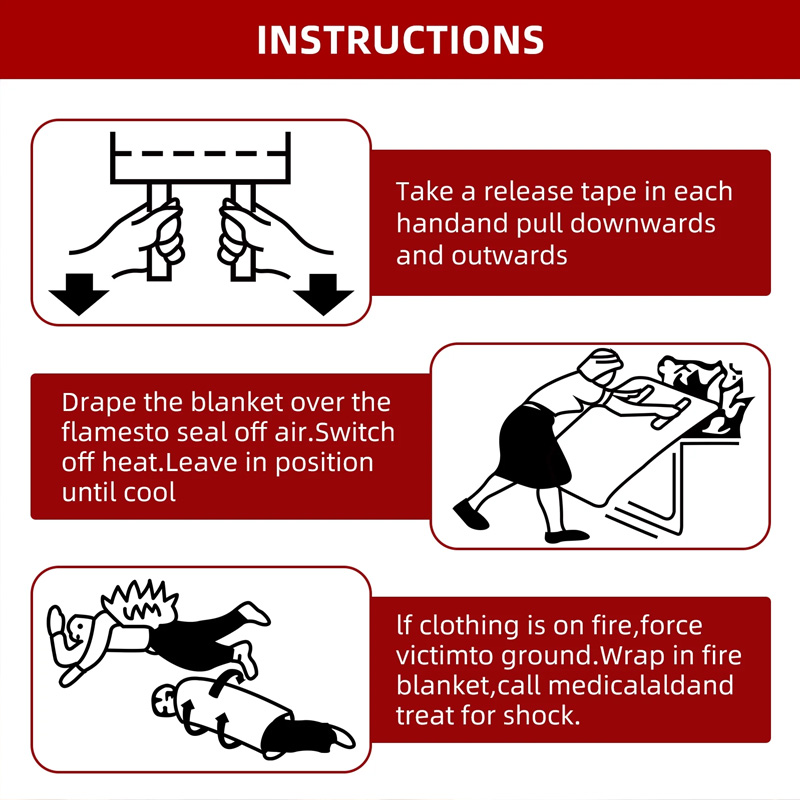
Where to Place Fire Retardant Blankets
Strategic placement ensures quick access when needed:
- Kitchen (near stove but not too close)
- Workshop or garage
- Near electrical panels
- Bedrooms (especially if using space heaters)
- RV or boat galleys
Final Safety Tips
Remember these key points about fire retardant blankets:
- They're for small fires only - know when to evacuate
- Practice removing it from its container before an emergency
- Teach all household members how to use it
- They complement but don't replace fire extinguishers
- Quality matters - invest in certified products
Fire retardant blankets are simple, effective tools that can prevent small fires from becoming disasters. By understanding their proper use and having them strategically placed, you significantly improve your fire safety preparedness.


